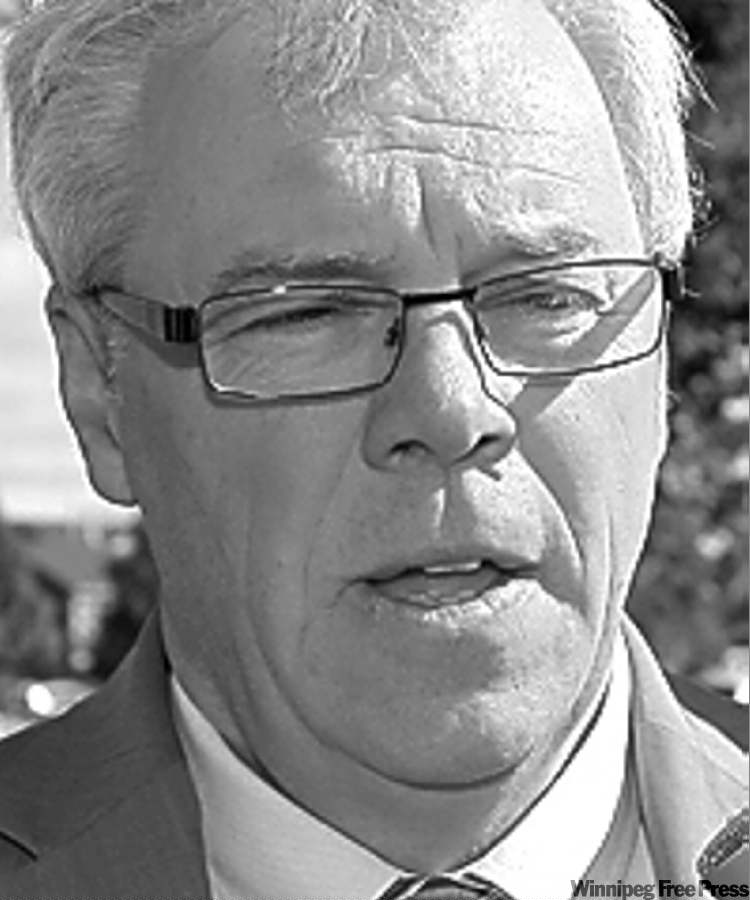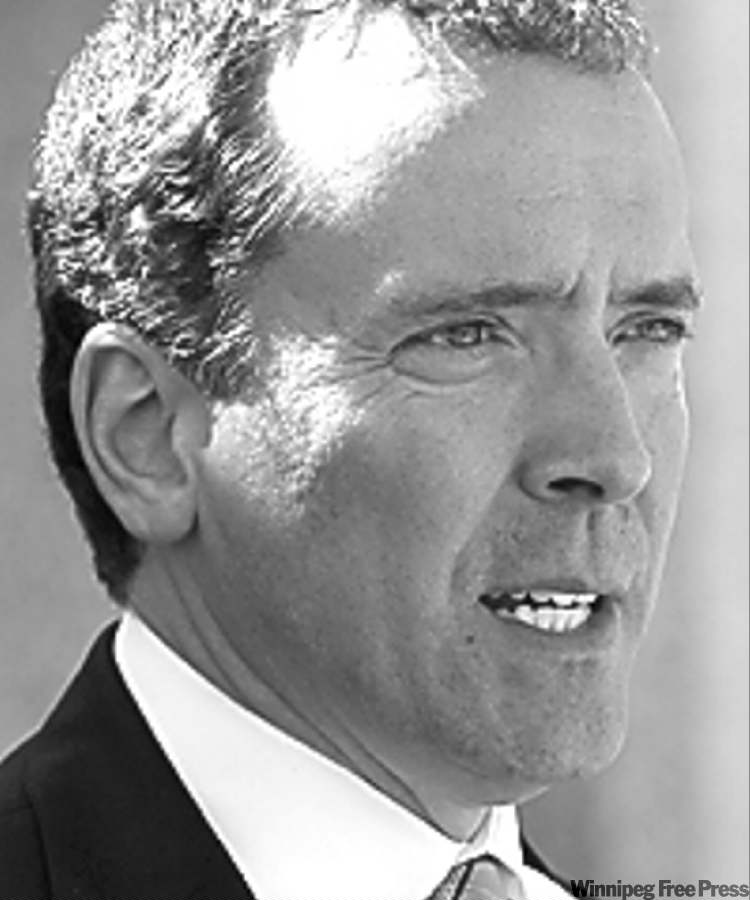Thursday’s promises
Advertisement
Read this article for free:
or
Already have an account? Log in here »
To continue reading, please subscribe:
Monthly Digital Subscription
$1 per week for 24 weeks*
- Enjoy unlimited reading on winnipegfreepress.com
- Read the E-Edition, our digital replica newspaper
- Access News Break, our award-winning app
- Play interactive puzzles
*Billed as $4.00 plus GST every four weeks. After 24 weeks, price increases to the regular rate of $19.95 plus GST every four weeks. Offer available to new and qualified returning subscribers only. Cancel any time.
Monthly Digital Subscription
$4.99/week*
- Enjoy unlimited reading on winnipegfreepress.com
- Read the E-Edition, our digital replica newspaper
- Access News Break, our award-winning app
- Play interactive puzzles
*Billed as $19.95 plus GST every four weeks. Cancel any time.
To continue reading, please subscribe:
Add Free Press access to your Brandon Sun subscription for only an additional
$1 for the first 4 weeks*
*Your next subscription payment will increase by $1.00 and you will be charged $16.99 plus GST for four weeks. After four weeks, your payment will increase to $23.99 plus GST every four weeks.
Read unlimited articles for free today:
or
Already have an account? Log in here »
Hey there, time traveller!
This article was published 16/09/2011 (5239 days ago), so information in it may no longer be current.
NDP

THREE more QuickCare Clinics and three more ACCESS Centres under its plan to get every Manitoban a family doctor by 2015.
The three new centres will be built in St. Boniface, southeast Winnipeg and southwest Winnipeg. The new centres are in addition to ACCESS Centres in River East, Transcona and downtown and the two that are under construction in St. James and northwest Winnipeg.
The cost is $21 million over four years.
“We want to have access to health care that’s close to where people live and reduce lineups and ensure that people can get quick service when they need it,” Premier Greg Selinger said.
A QuickCare Clinic is staffed by nurse practitioners to see patients with more minor health issues, which can take pressure of hospital emergency rooms and family doctors.
An ACCESS Centre offers a wider range of services than a normal clinic, including doctors, nurses, nurse practitioners, home-care workers, mental-health workers, dieticians, pharmacists, social workers and other staff support for seniors, employment and income assistance, housing and child care.
Progressive Conservatives
PC Leader Hugh McFadyen said Thursday his party would make Alzheimer’s disease a public health priority.
Chief among his plan is increasing the number of “behaviour beds” for patients with violent tendencies to 45 from 35. The Tories estimate that would cost $2.75 million.
“Demand for these beds far exceeds supply. Wait times can be as long as one year,” McFadyen said.
He said a Tory government would also work with the Alzheimer Society of Manitoba to update the province’s Alzheimer’s strategy, which has not been revamped in almost a decade.
As well, the Conservatives would spend $350,000 a year to re-establish the Memory Assessment Clinic, closed in 2002. And they would invest $200,000 a year to fund First Link, which connects dementia sufferers and their families to the Alzheimer Society’s programs and services and other community health services.
The PCs estimate the total cost of their Alzheimer’s proposals would cost $4.95 million over four years.
Liberals

THEY pledged to create 24-hour urgent-care facilities adjacent to big-hospital emergency rooms to ease the pressure on ERs and reduce wait times.
The staffing cost alone would amount to $18 million in the first year of implementation, Liberal Leader Jon Gerrard told a news conference at the constituency office of Tuxedo candidate Linda Minuk.
Gerrard said the urgent-care facilities would handle patients with non-life threatening conditions.
“Giving Manitobans more access to urgent care will work to significantly reduce wait times in our hospitals,” he said.
The Liberals say their plan makes sense since studies show it costs 20 to 50 per cent less to provide services in primarycare clinics than in an ER setting.












